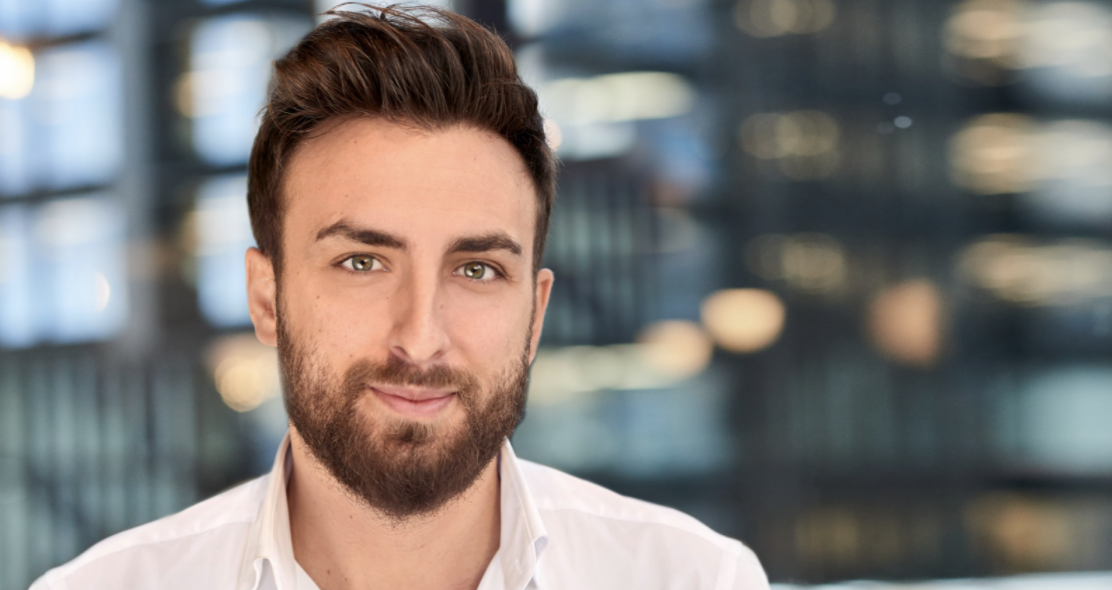Stockholm-based Kry, a company which offers users the opportunity to speak with clinicians in a matter of minutes, says it has delivered more than 200m patient interactions to date — making it one of Europe’s leaders in digital healthcare. It's also one of the best funded, having raised more than €700m.
But last year was one of ups and downs. Alongside raising more capital, the company laid off over 10% of its workforce and pulled out of Germany. It remains active in the Nordics, the UK and France.
Kry's founder and CEO, Johannes Schildt, joined us on Startup Europe — The Sifted Podcast for a special episode to chat through layoffs, the path to profitability and what's next in healthtech. Here are some of the best bits:
On a lack of patient focus in healthcare
“When we started to think about it, you could basically do everything from your phone — you could buy groceries, you could buy a house, you could do anything, but you couldn’t do basic healthcare consultations. You had to call a landline early in the mornings and schedule a time and travel long distances. That’s still the case in many places.
“So creating a service where you could meet doctors, clinicians directly on your phone… it was just painfully obvious that that should be part of the future.”
On layoffs
“It’s not fun, it was not what we planned for. Our initial plan was obviously not to lay off a lot of great talent. But we obviously need to do what we have to do to continue on a mission to serve a lot of European patients.
“That put us in a strong position now where we are running a profitable business in the largest market, in the Nordic market, and we’re very close to being a profitable business in the UK and in France.
“One thing is how can you continue to operate the business with less people. Another thing is pushing through a culture shift — shifting focus from growth and market share to quicker profitability — that requires a different mindset with people.”
On heading for profitability
“Right now, we have more focus on the here and now and maybe slightly less focus on what’s around the next corner. I think there will be a time where we can start to invest again in more long-term projects but we do less of that right now. We have been reducing headcount quite a bit and you just need to find ways of being more efficient.
“What we’ve seen from our partners is a lot of public healthcare systems during the pandemic have been very focused on solving the here and now. One thing that has been painfully obvious, that was not so obvious before, is that what we do is a critical piece of infrastructure.
In the UK, we have millions of patients waiting to see a doctor and that’s obviously sad, but it’s an opportunity for us to help out
“Now you have partners starting to have more bandwidth to think about how healthcare should be structured moving forward. You have quite a lot of stress in the system, especially in the markets where you had full lockdowns, where you’ve basically been putting things on pause for quite some time and now you’ve built up this big debt that you have to pay back. In the UK, we have millions of patients waiting to see a doctor and that’s obviously sad, but it’s an opportunity for us to help out.”
On preventative healthcare
“To create a preventative system, I think you also have to start by having accessibility in the system. I think that’s one of the things that has been failing in primary care in many European markets. It’s just not accessible and it doesn’t make any sense to limit access to the first point of contact in healthcare.
“You obviously can’t build a system where you have people lining up for hospitals all the time, but your GP practice or your primary healthcare provider — even if it’s digital or physical — should be available.
"We see clearly in our data that if you can catch someone earlier, then it’s just way less expensive for the system. And, in all of Europe, since you have a lack of access in the first point of contact in primary care, you have this spillover effect into emergency care. What do you do if you can’t see your GP or go to your primary healthcare centre during the week? You will end up in the emergency room instead and that’s a very inefficient way of absorbing care.”
On future healthtech trends
“One thing that became obvious during the pandemic is remote diagnostics. If we were to go out and say before the pandemic that we’re going to run PCR tests and we’re going to let the patients do the sample collections themselves, people would be like, 'No that's not doable, you can’t do that'. And that’s something that during the pandemic has improved.
“That’s one area of interest, then I think that the language models… healthcare is definitely an area where you could apply that type of technology to drive efficiency.
“It would never be about replacing the clinician or removing them out of the equation but obviously right now, you have many clinicians across many healthcare systems spending a lot of time doing administrative tasks. Our ambition has always been that the clinicians spend as much space and time as possible with patients."



